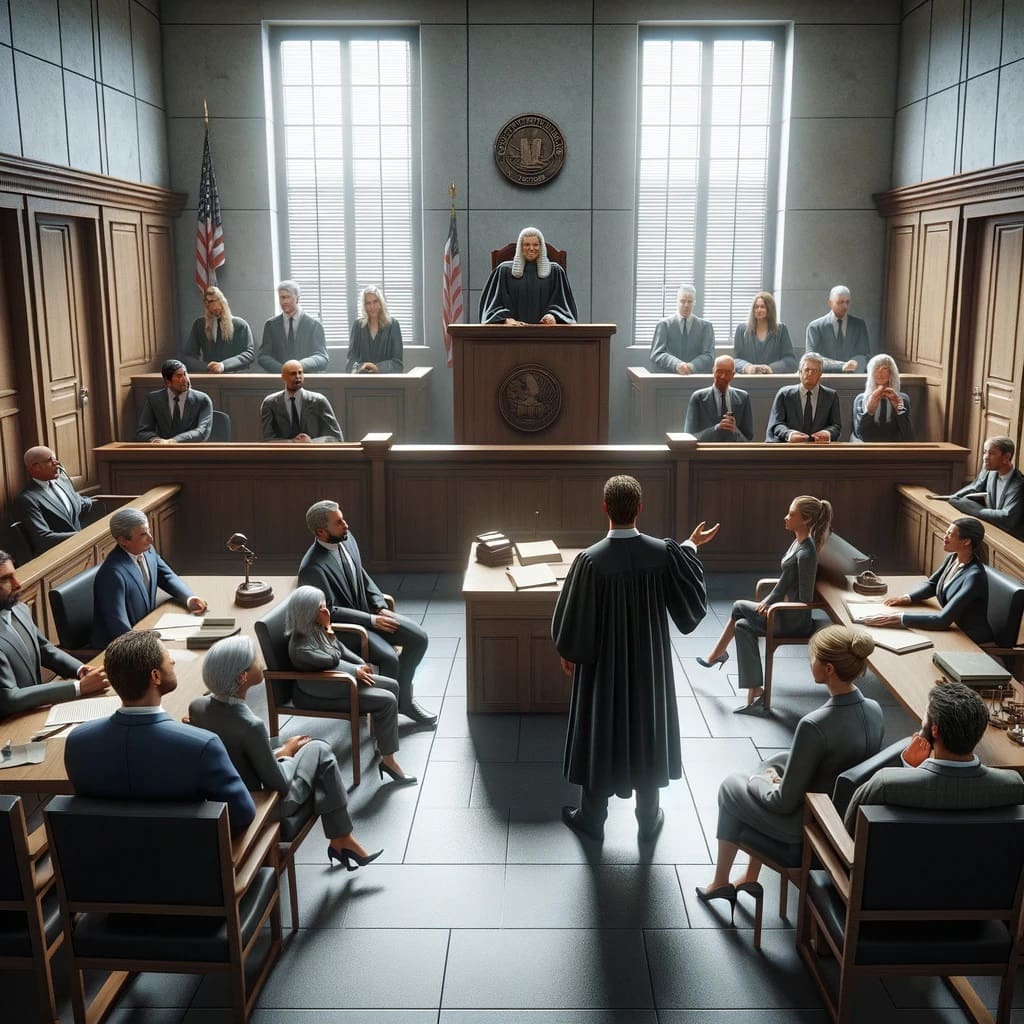The Significance of Aggravating Circumstances in Criminal Sentencing
Aggravating circumstances wield considerable influence in the realm of criminal sentencing, serving as pivotal factors that magnify the severity of penalties imposed upon individuals found guilty of committing crimes. These circumstances, which amplify the gravity of an offense, hold profound implications for defendants, legal practitioners, and the broader community. A comprehensive comprehension of aggravating circumstances is indispensable for navigating the complexities of the legal system and ensuring equitable justice for all stakeholders involved.
Understanding Aggravating Circumstances:
Aggravating circumstances encompass an array of factors that exacerbate the severity of a criminal act. These may encompass the use of violence, the presence of premeditation, the vulnerability of the victim, the defendant’s prior criminal history, and the societal impact of the offense. By spotlighting these elements, prosecuting attorneys endeavor to underscore the culpability of the accused and advocate for more stringent penalties during sentencing proceedings.
Legal Ramifications:
In judicial proceedings, the presence of aggravating circumstances frequently culminates in augmented sentencing outcomes. For instance, a conviction for aggravated assault involving a lethal weapon often elicits a lengthier term of incarceration compared to a charge of simple assault. Similarly, the existence of aggravating circumstances in a homicide case may elevate the offense from manslaughter to murder, precipitating far graver consequences for the perpetrator.
The Role of Mitigating Factors:
Conversely, mitigating factors serve as counterbalances to aggravating circumstances, potentially mitigating the severity of a sentence. These factors might encompass the defendant’s lack of a prior criminal record, expressions of genuine remorse, cooperation with law enforcement authorities, or extenuating circumstances surrounding the commission of the offense. Judges meticulously weigh these mitigating factors against the backdrop of aggravating circumstances to render a fair and equitable sentence.
Striking a Balance:
The adjudication of aggravating circumstances underscores the delicate equilibrium between justice and fairness within the legal system. While it is imperative to hold offenders accountable for their transgressions, sentencing decisions must also accommodate individual circumstances, prospects for rehabilitation, and the prospect of societal reintegration. Achieving this equilibrium demands judicious deliberation and a nuanced understanding of the multifaceted dynamics at play.
Illustrative Examples:
To elucidate the impact of aggravating circumstances, consider the following hypothetical scenarios:
- Case 1: Armed Robbery
In a case involving armed robbery, where the defendant brandished a firearm and inflicted grievous bodily harm upon the victim, aggravating circumstances such as the use of a lethal weapon and infliction of severe injuries could potentially warrant a more protracted prison sentence. - Case 2: Drug Trafficking
In a drug trafficking case marked by the large-scale distribution of illicit narcotics and evidence of organized criminal activity, aggravating circumstances pertaining to the magnitude and sophistication of the operation might prompt the imposition of enhanced penalties.
Concluding Remarks:
In summary, aggravating circumstances exert a profound influence on the sentencing outcomes of criminal cases, shaping the severity of punishments meted out to convicted individuals. A comprehensive grasp of these circumstances is imperative for ensuring the equitable administration of justice and upholding the principles of fairness and proportionality in sentencing.
This article offers valuable insights into the significance of aggravating circumstances in criminal sentencing, shedding light on their ramifications for legal outcomes and their broader implications for the criminal justice system.














